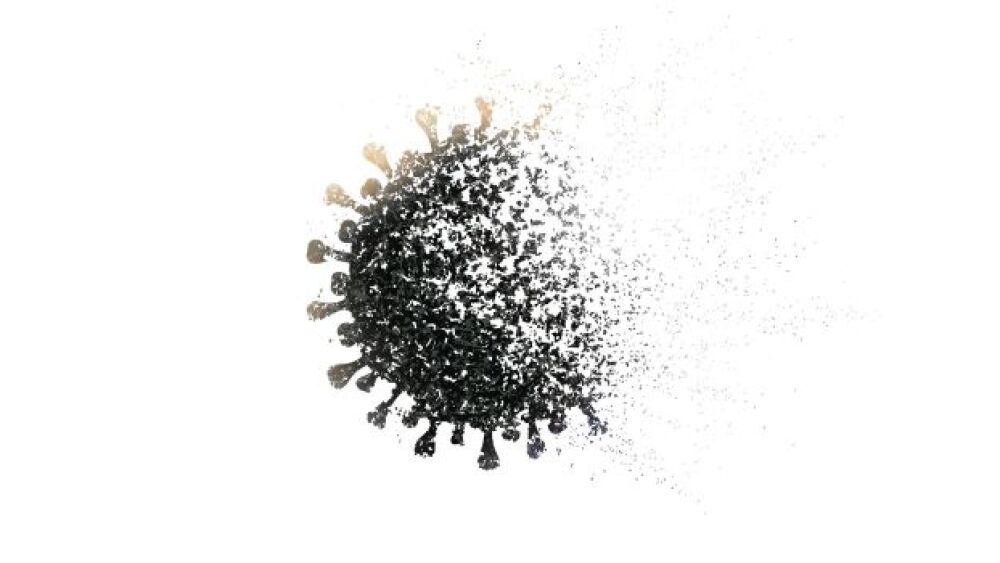AT-527, an oral direct-acting antiviral agent that blocks viral RNA polymerase needed for viral replication, failed to meet its primary endpoint in the Phase II MOONSONG study.
Shares of Atea Pharmaceuticals have plunged more than 70% in premarket trading after the company announced its Phase II antiviral agent for COVID-19 failed to hit the mark in an outpatient setting for patients with mild to moderate symptoms.
The news is a blow to Atea and its development partner Roche, who has been eying AT-527 as a potential rival to Gilead Sciences’ COVID-19 antiviral drug, remdesivir, which is sold under the brand name Veklury.
AT-527, an oral direct-acting antiviral agent that blocks viral RNA polymerase needed for viral replication, failed to meet its primary endpoint in the Phase II MOONSONG study. The majority of patients in that study were considered low-risk, with mild symptoms. In those patients, AT-527 failed to show a clear reduction in SARS-CoV-2 viral load compared to placebo.
However, the company did note that in participating patients who were considered high risk, such as those with underlying health conditions, AT-527 showed a viral load reduction after seven days of treatment. Atea said those patients saw a reduced viral load of approximately 0.5 log at the end of the first week following daily administration of 550 mg of AT-527.
With results for the high-risk patients, combined with positive interim-data from a Phase II study in hospitalized patients, Atea Pharmaceuticals is modifying protocols for the planned Phase III MORNINGSKY study. Atea and Roche, who partnered last year to develop the antiviral drug, anticipate the Phase III data in the second half of 2022.
The recently announced Phase II interim data showed AT-527’s active metabolite achieved target antiviral levels in the lungs. The company also noted that the bronchoalveolar lavage study in healthy volunteers revealed plasma and intrapulmonary levels of AT-273 that exceeded the target concentration.
Pierre Sommadossi, founder and chief executive officer of Atea Pharmaceuticals, said the company is committed to developing and delivering AT-527 as an oral antiviral medication for COVID-19 patients. Although the Phase II MOONSONG study missed its primary objective, the data with the high-risk patients, coupled with the interim results in the hospitalized setting, shows continued clinical life for the antiviral treatment.
“Based on these and other AT-527 data, we, with our partner Roche, are assessing potential modifications to the Phase 3 MORNINGSKY protocol that may likely lead to improved clinical outcomes,” Sommadossi said in a statement.
Janet Hammond, chief development officer at Atea, also noted that trial protocols will be modified to ensure the program’s best possible outcome.
“We, along with our partner Roche, are continuing to advance multiple studies in parallel to provide further clinical evidence as well as outcome data to support AT-527 as an oral, potent, direct-acting antiviral treatment for COVID-19,” Hammond said in a statement.
In its announcement, Atea speculated on parts that may have contributed to the disappointing trial results. The company noted that potential factors include different variants of COVID-19 that emerged during the study, as well as the fact that some of the trial participants were vaccinated against COVID-19. The pooled placebo patient population comprised different vaccination statuses, including varying doses and vaccine types, and may have included different COVID-19 variants.





